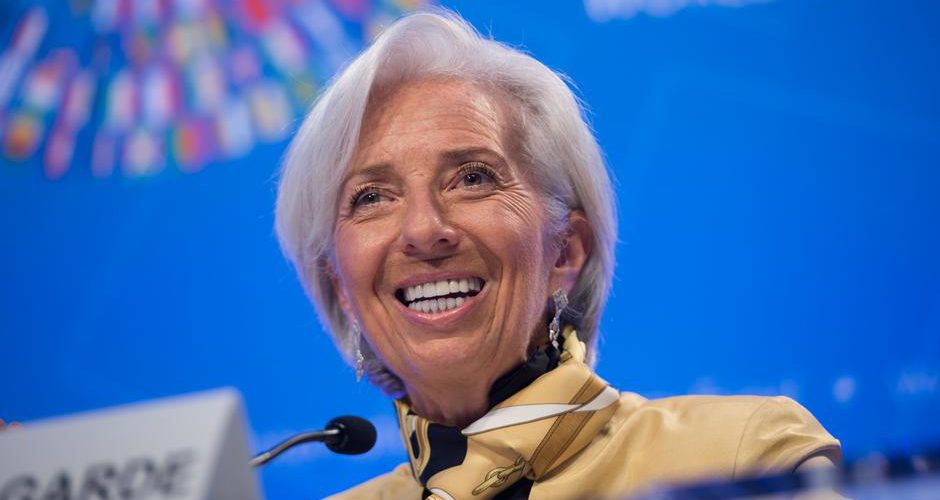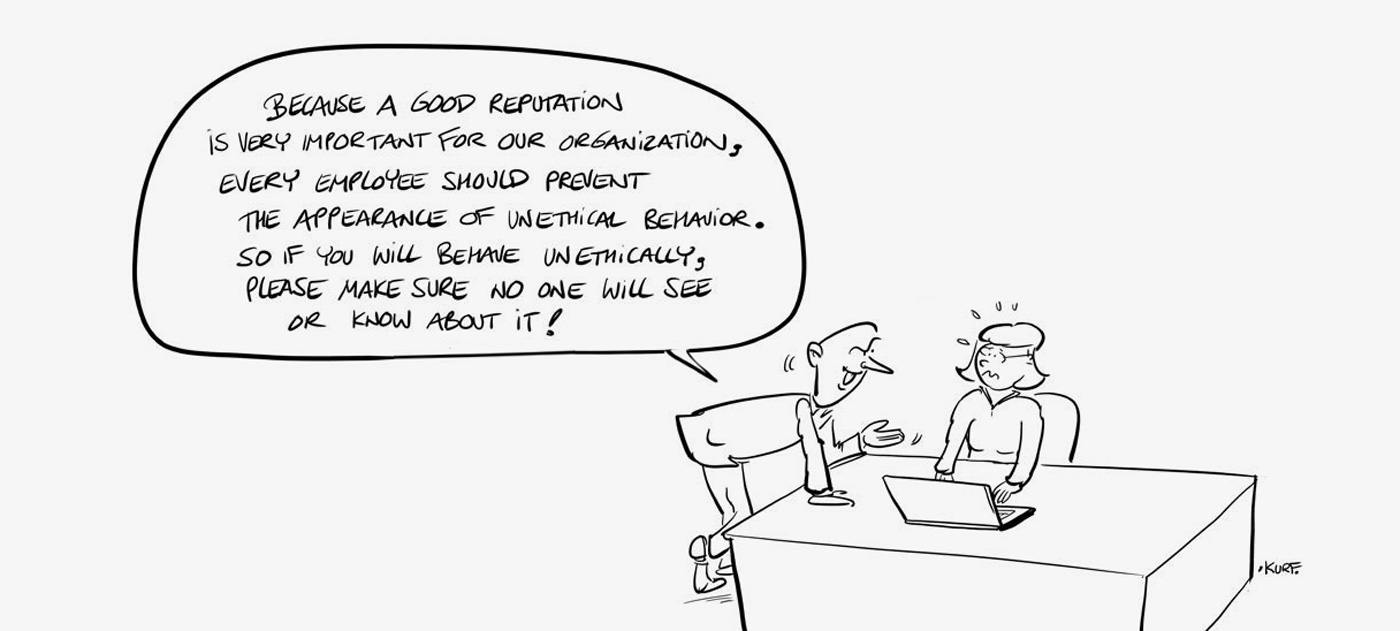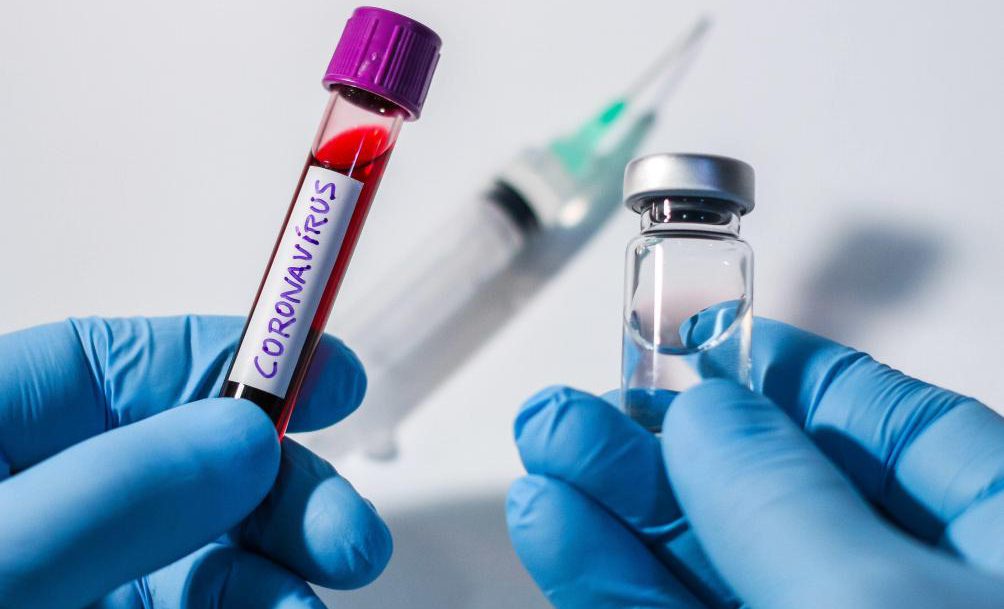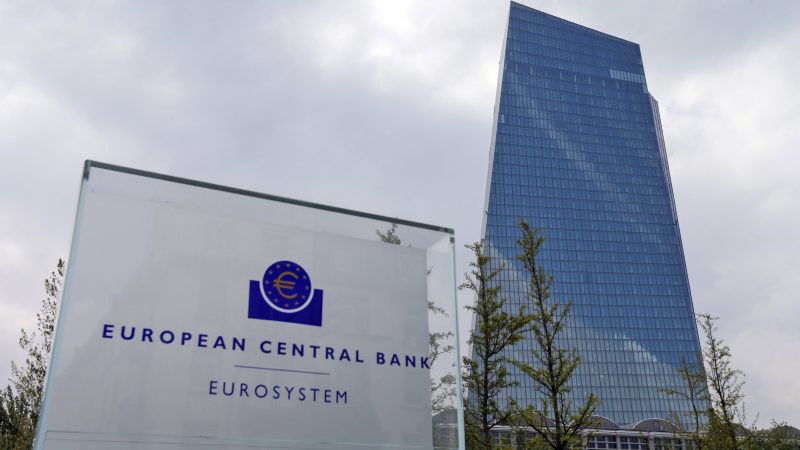The Commission has recently adopted a proposal for a Council Recommendation to ensure that any measures taken by Member States that restrict free movement due to the coronavirus pandemic are coordinated and clearly communicated at the EU level. The Commission’s proposal sets out four key areas where Member States should work closer together:
Common criteria and thresholds for Member States when deciding whether to introduce travel restrictions; Mapping of common criteria using an agreed colour code; A common framework for measures applied to travellers from high-risk areas; Clear and timely information to the public about any restrictions.The message is clear: organisations must be held accountable for their social and environmental footprint. Therefore, it’s inevitable that speaking up becomes the next social…
Download whitepaper









